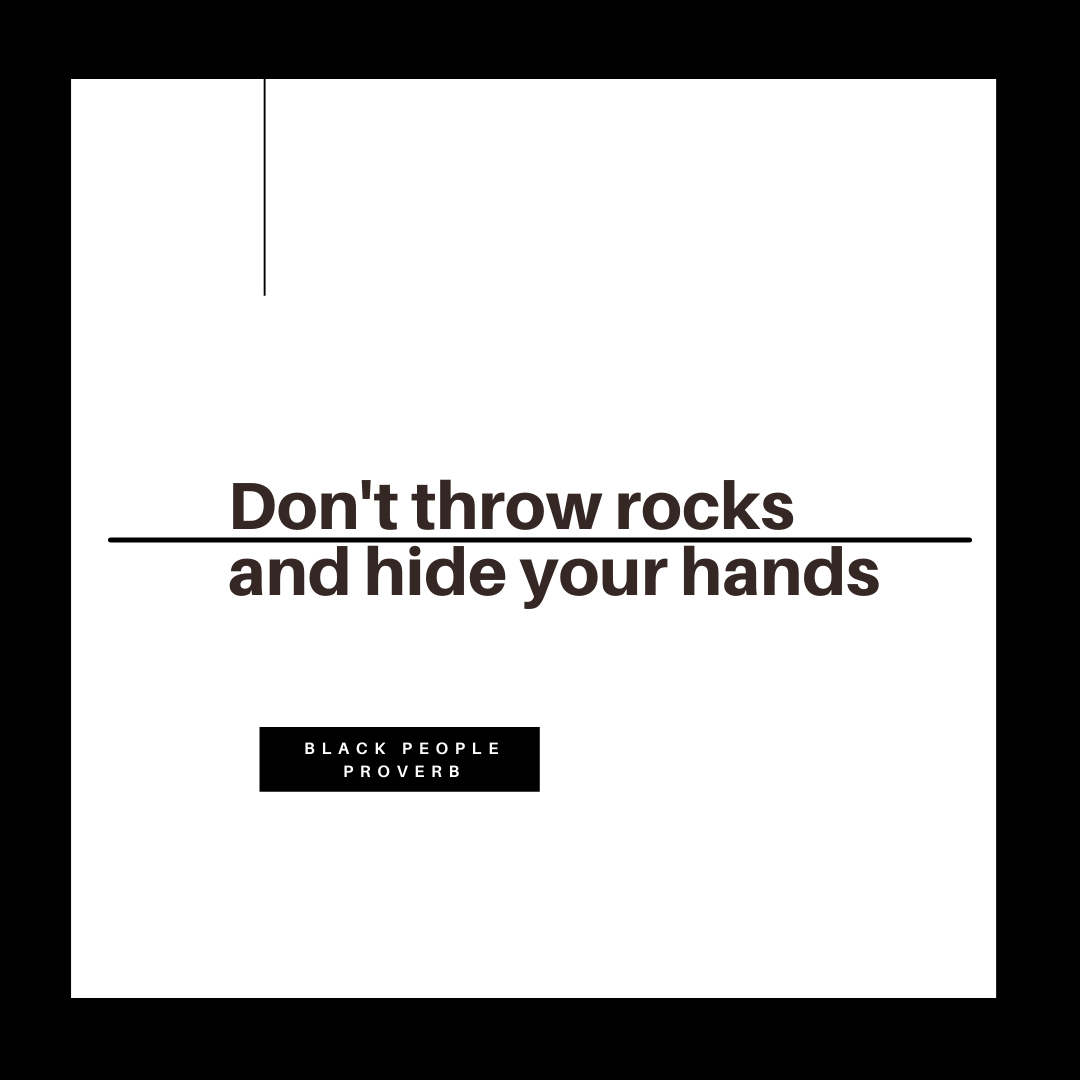I Don't Assume Good Intent
EVER
I didn’t realize that “assume good intent” was a thing — that it’s in codes of conduct and used routinely in the business world and that people use it as ground rules for serious conversations?!
In fact, when I heard it I laughed cause it sounds like something a person who just got called out for saying/doing something incredibly harmful would say to invisibilize their power and duck accountability and that, it turns out, was not a wrong interpretation.
I saw it in real life when a friend (BW) asked for some feedback regarding some interactions she’d had with her direct manager (WW). Their entire written dialogue was basically a master class in how microaggressions shore up existing power dynamics. At one point my friend points out that the manager is criticizing her for doing something that said manager told her to do. And the manger’s response was: “assume good intent.” And I laughed. It’s exactly what I assumed it would be: a shield that a person with power wields to fend off any charge of harm.
Why would I assume good intent if I have to live with the negative impact of your actions? If you’re backing out of your driveway and you run over my kid and kill them, I feel the exact same pain whether you meant it or not. In fact, your intention is only good so far as it relates to what the law will charge you with (manslaughter vice homicide), but it is meaningless when it comes to the harm that you’ve caused another person.
“I didn’t mean it that way so it can’t be racist” isn’t an actual defense, or true for that matter. Things can be racist or sexist or homophobic regardless of your personal intent. Why? because we don’t come to conversations as blank slates who can say whatever we want and have it mean whatever we desire. We are all products of history (both personal and collective) and the words that come out of our mouths exist in an already established context. Understanding that context is key.
Most of us seem to start with the (incorrect) premise that “I’m a good person who loves everybody” therefore the things I say and do can’t possibly be sexist/racist/ablelist/homophobic because I’m a “good” person. This circular logic may do a bunch for your ego and allow you to justify your behavior (just like “assume good intent” does) but it does little for helping you to grow and mature as a person and hold yourself accountable for your own actions.
Look, I never assume good intent. Ever. In conversations on Serious Topics, I assume that you —like I— have been socialized into a white supremacist, heteronormative, Christian capitalist, able-oriented, patriarchal society (bell hooks) and I assume (based on the school system that we all grow up in) that you will most likely be unreflective of both that fact and the historical context in which you live. And as a result of that, I assume that you are going to regurgitate all kinds of conditioned responses that you’ve learned from your society (in the same way I have/do). I haven’t been wrong yet in this assumption.
It might be better if we replace “assume good intent”—which puts the onus on the person being harmed to suck it up— with the term we use in the south to describe this very dynamic:
Don’t throw rocks and hide your hands.
Siblings are experts in this type of warfare and if you have kids or see kids in any capacity, you’ve seen it. One kid is minding their own business and the other kid comes along and starts shit, and then the first kid gets fed up and smacks them. That’s the kid whose crying brings the adults into the room (and consequences for the hitter). That kid threw a rock and hid his hand. In case it isn’t clear, the person throwing up the “assume good intent” shield is the kid who starts shit and then starts crying when they’re called out on it. Don’t throw rocks and hide your hands puts the onus on you to be mindful about the impact of your actions and words on other people vice forcing the person you’ve harmed (intentionally or not) to consider what a good person you think you are. I even made a sign you can hang up for your ground rules:
Leave a comment and tell me about your experiences with “assuming good intent.”


Truth.